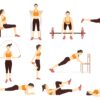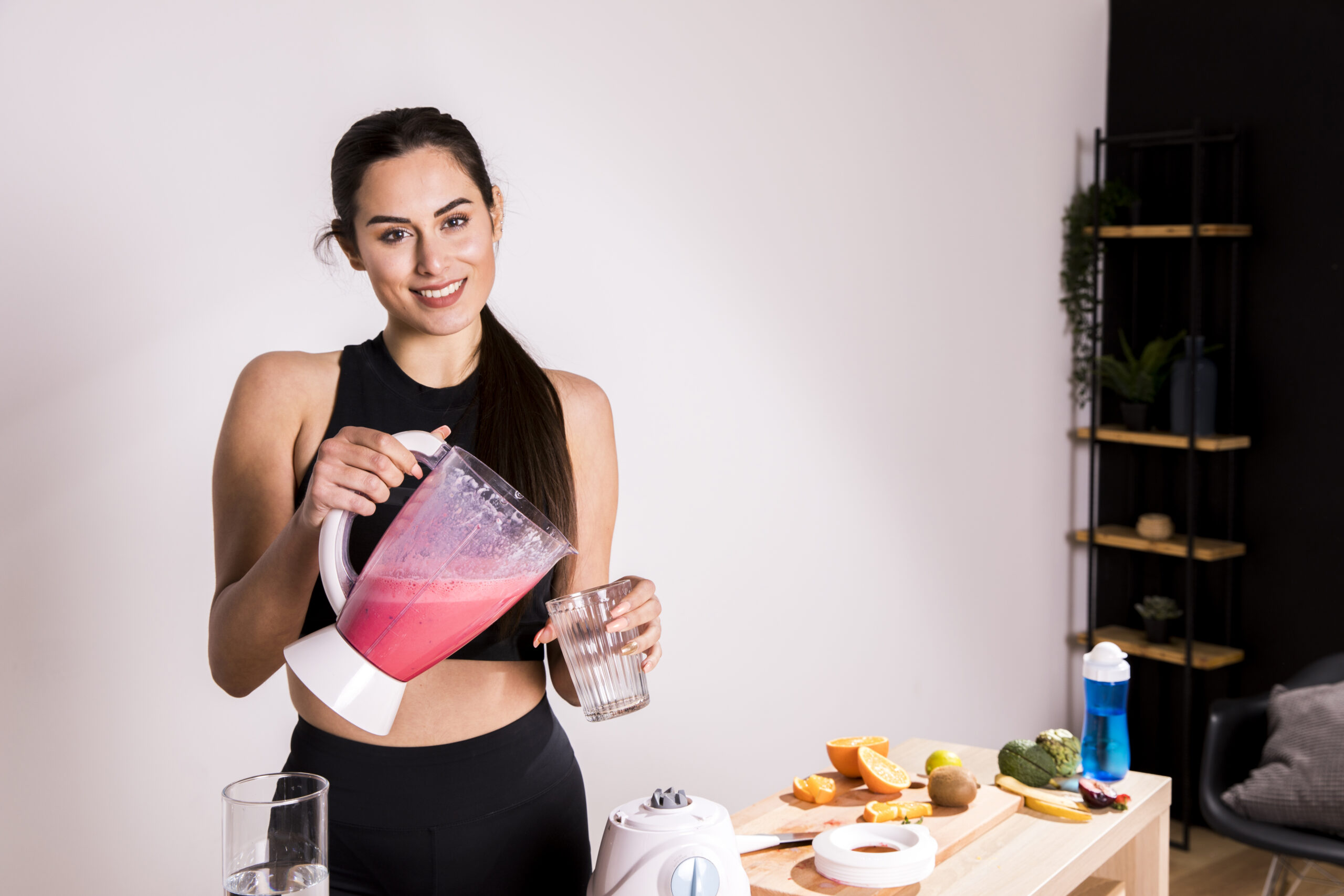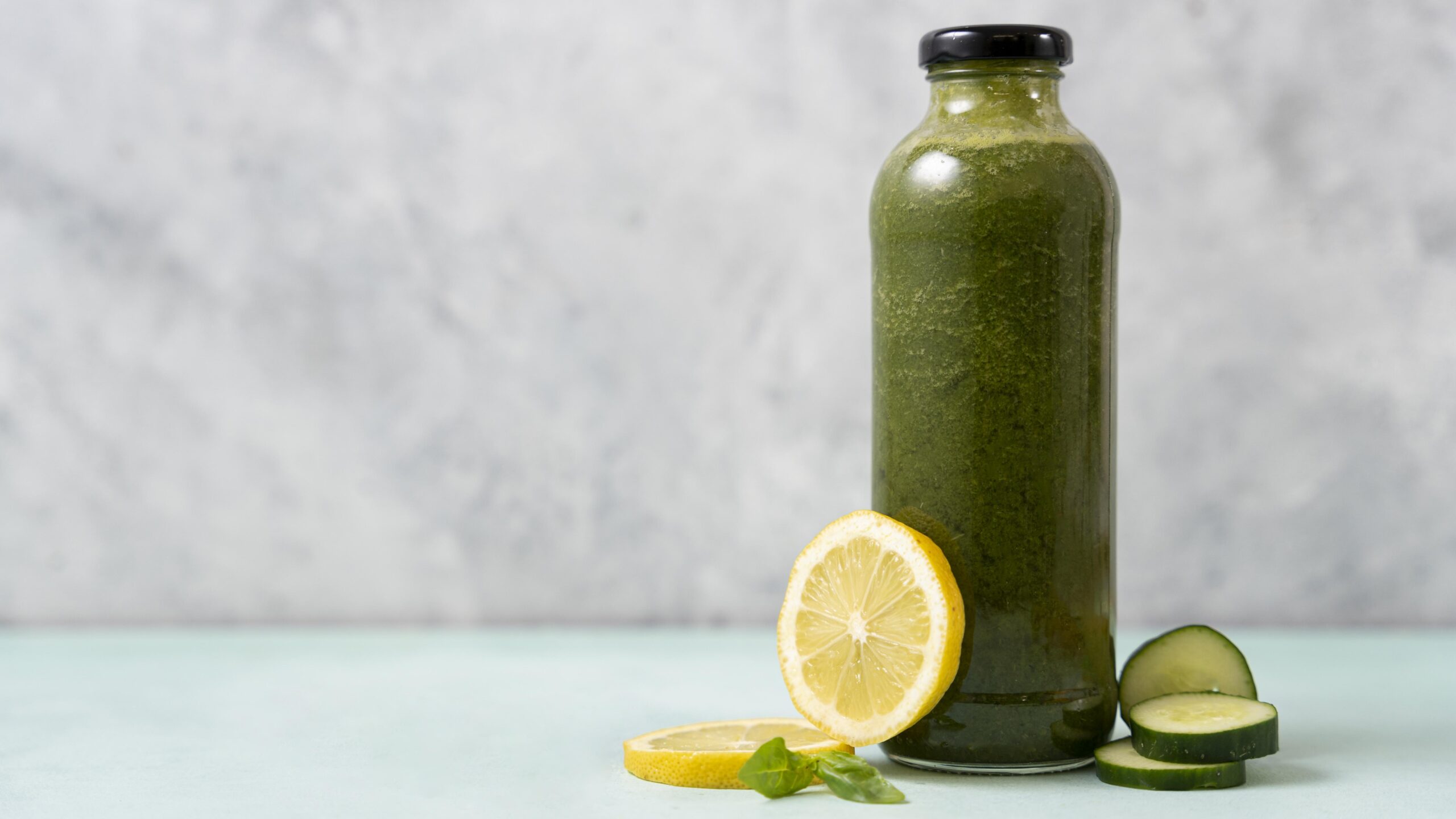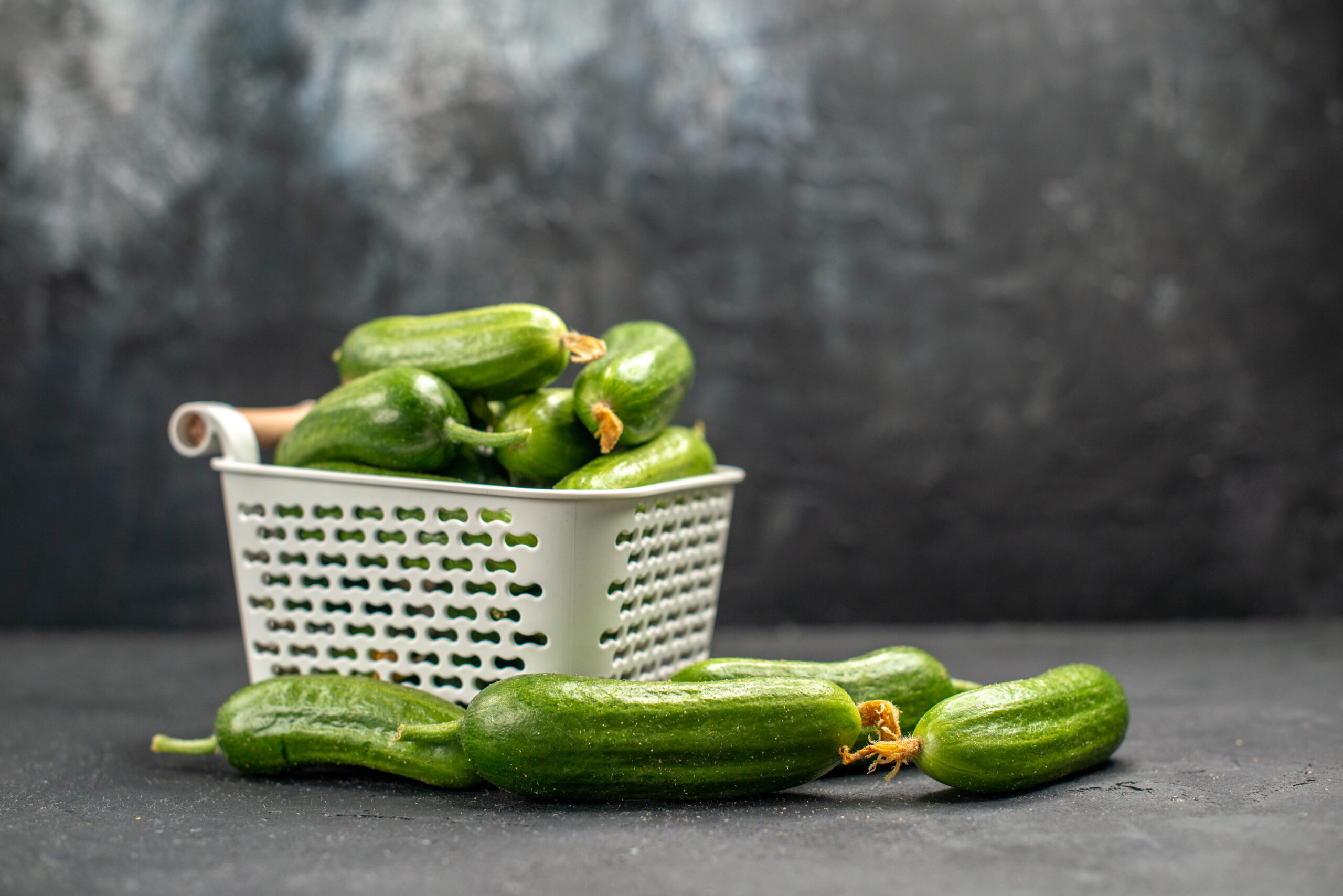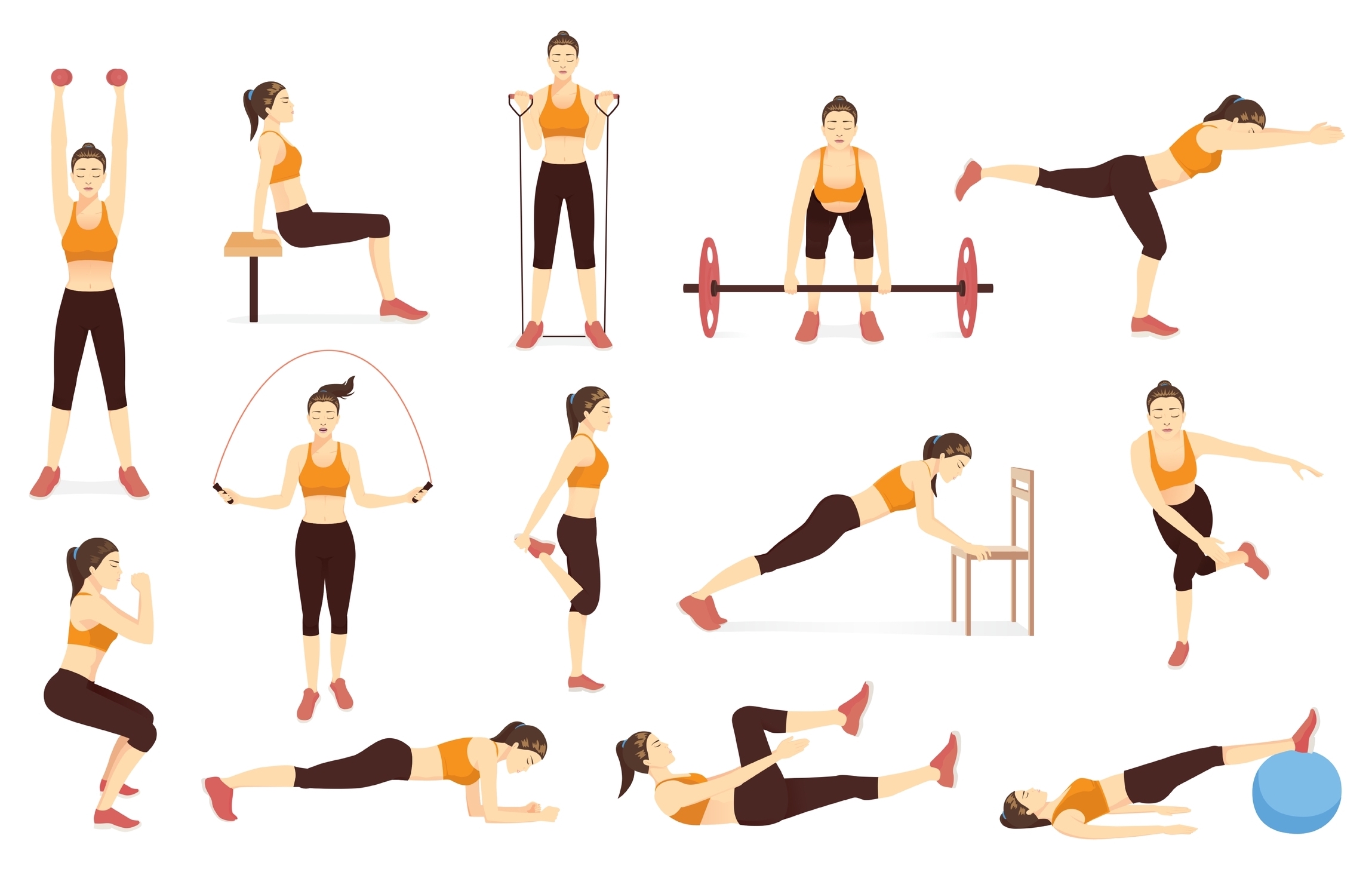Protein for Weight Loss in Females, In a fast-paced world, maintaining a good body is essential.
And now, more than ever, people are seeking effective ways to achieve their fitness goals.
One of the most talked-about topics in the fitness community is the role of protein in weight loss.
But why is protein so important?
And how can it specifically benefit women looking to shed a few pounds? This guide will explore these questions and more.
Why it is Important for Protein Weight Loss in Females
Protein for Weight Loss in Females Understanding the concept
Protein is one of the three macronutrients, alongside carbohydrates and fats.
It is essential for building and repairing tissues, making enzymes and hormones, and supporting overall body function.
When it comes to weight loss, protein plays a crucial role due to its high thermic effect and ability to promote satiety.
Protein for Weight Loss in Females in Thermic Effect of Food (TEF)
The thermic effect of food refers to the number of calories your body uses to digest, absorb, and process nutrients.
Protein has a higher TEF compared to carbohydrates and fats, meaning your body burns more calories processing protein than it does with other macronutrients.
This boosts your metabolism and helps you burn more calories throughout the day.
Protein for Weight Loss in Females in Satiety and Appetite Control
Protein is known for its ability to make you feel full longer.
High-protein meals reduce levels of the hunger hormone ghrelin and increase the production of peptide YY, a hormone that makes you feel full.
This can lead to reduced calorie intake and fewer cravings, which are essential for weight loss.
How Much Protein Do Women Need?
General Guidelines in Protein for Weight Loss in Females
The recommended daily allowance (RDA) for protein varies depending on age, activity level, and overall health.
For the average woman, a good starting point is around 0.8 grams of protein per kilogram of body weight.
However, for those looking to lose weight, increase muscle mass, or maintain a high level of activity, higher protein intake may be beneficial.
Adjusting Protein Intake in Protein for Weight Loss in Females
For women aiming to lose weight, experts often recommend increasing protein intake to around 1.2 to 1.6 grams per kilogram of body weight.
This higher intake supports muscle maintenance during weight loss, enhances satiety, and helps with the overall metabolic boost.
Best Sources of Protein for Women
Lean Meats
Lean meats, such as chicken breast, turkey, and lean cuts of beef, are excellent sources of high-quality protein.
They are low in fat and rich in essential nutrients like iron and B vitamins.
Fish and Seafood
Fish and seafood are not only high in protein but also rich in omega-3 fatty acids, which support heart health and reduce inflammation.
Salmon, tuna, and shrimp are great options to include in your diet.
Dairy Products
Dairy products like Greek yogurt, cottage cheese, and low-fat milk provide a good balance of Protein for Weight Loss in Females, calcium, and other essential nutrients.
Greek yogurt, in particular, is a favorite among fitness enthusiasts due to its high protein content.
Plant-Based Proteins
For those following a vegetarian or vegan diet, plant-based proteins such as lentils, chickpeas, tofu, tempeh, and quinoa are excellent choices.
These foods are rich in fiber and other nutrients that support overall health.
Protein Supplements
Protein supplements, such as whey protein, casein, and plant-based protein powders, can be convenient options to ensure you’re meeting your protein needs.
They are especially useful for those with busy lifestyles or those who have difficulty getting enough protein through food alone.
Incorporating Protein into Your Diet
Breakfast Ideas
- Greek yogurt with berries and a sprinkle of chia seeds
- Scrambled eggs with spinach and tomatoes
- Smoothie with protein powder, almond milk, and frozen fruits
Lunch Ideas
- Grilled chicken salad with mixed greens and a light vinaigrette
- Quinoa bowl with black beans, corn, avocado, and salsa
- Turkey and avocado wrap with whole-grain tortilla
Dinner Ideas
- Baked salmon with steamed broccoli and quinoa
- Stir-fried tofu with mixed vegetables and brown rice
- Lean beef stir-fry with bell peppers and snap peas
Snack Ideas
- Cottage cheese with pineapple chunks
- Hard-boiled eggs
- Protein bars or shakes
The Role of Protein in Exercise and Recovery
Supporting Muscle Growth
When combined with regular exercise, particularly strength training, a high-protein diet can support muscle growth and maintenance.
This is crucial for women looking to tone their bodies and improve overall body composition.
Enhancing Recovery
Protein for Weight Loss in Females plays a key role in muscle repair and recovery.
Consuming protein after a workout helps to repair muscle fibers and replenish glycogen stores, reducing muscle soreness and enhancing recovery.
Common Myths About Protein and Weight Loss
Myth 1: High-Protein Diets are Harmful to the Kidneys
Protein for Weight Loss in Females is a common misconception that high-protein diets can damage the kidneys.
However, studies show that high-protein diets are safe for healthy individuals.
Those with pre-existing kidney conditions should consult their healthcare provider.
Myth 2: Protein Makes You Bulky
Many women fear that consuming protein will make them bulky.
In reality, building significant muscle mass requires a combination of high protein intake, intense weight training, and often, a genetic predisposition.
For most women, increased protein intake helps with muscle toning and weight loss without excessive bulk.
Myth 3: All Proteins are Created Equal
Not all proteins are the same.
Animal proteins are complete proteins, containing all essential amino acids.
Many plant proteins are incomplete but can be combined with other plant-based foods to provide all essential amino acids.
It’s important to include a variety of protein sources in your diet.
Potential Challenges and Solutions
Challenge 1: Getting Enough Protein on a Busy Schedule
Solution: Plan and prep meals in advance.
Keep protein-rich snacks handy, such as nuts, seeds, or protein bars.
Consider using protein supplements for convenience.
Challenge 2: Maintaining Protein Intake on a Budget
Solution: Opt for budget-friendly protein sources like eggs, lentils, canned tuna, and cottage cheese.
Buying in bulk and choosing seasonal products can also help save money.
Challenge 3: Balancing Protein with Other Nutrients
Solution: Ensure your diet is well-rounded by incorporating plenty of fruits, vegetables, whole grains, and healthy fats.
Balance is key to achieving optimal health and weight loss results.
Tracking Your Progress
Using Food Diaries
Keeping a food diary can help you track your protein intake and overall nutrition.
This can highlight areas for improvement and keep you accountable.
Monitoring Physical Changes
Regularly track your weight, body measurements, and how your clothes fit.
These indicators, along with how you feel physically and mentally, can provide a clear picture of your progress.
Adjusting as Needed
As you progress, you may need to adjust your protein intake and overall diet.
Listen to your body and make changes based on your goals and lifestyle.
FAQs
1. How much protein should a woman eat to lose weight?
For weight loss, women should aim for 1.2 to 1.6 grams of protein per kilogram of body weight.
2. Can I get enough protein on a vegetarian diet?
Yes, plant-based proteins like lentils, chickpeas, tofu, and quinoa can provide ample protein.
3. Is it okay to use protein supplements?
Yes, protein supplements can be a convenient way to meet your protein needs, especially with a busy lifestyle.
4. Will eating more protein help me lose belly fat?
While protein alone won’t target belly fat, it can help with overall fat loss and support a healthy weight.
5. Can too much protein be harmful?
For healthy individuals, high protein intake is generally safe. Those with kidney issues should consult their doctor.



